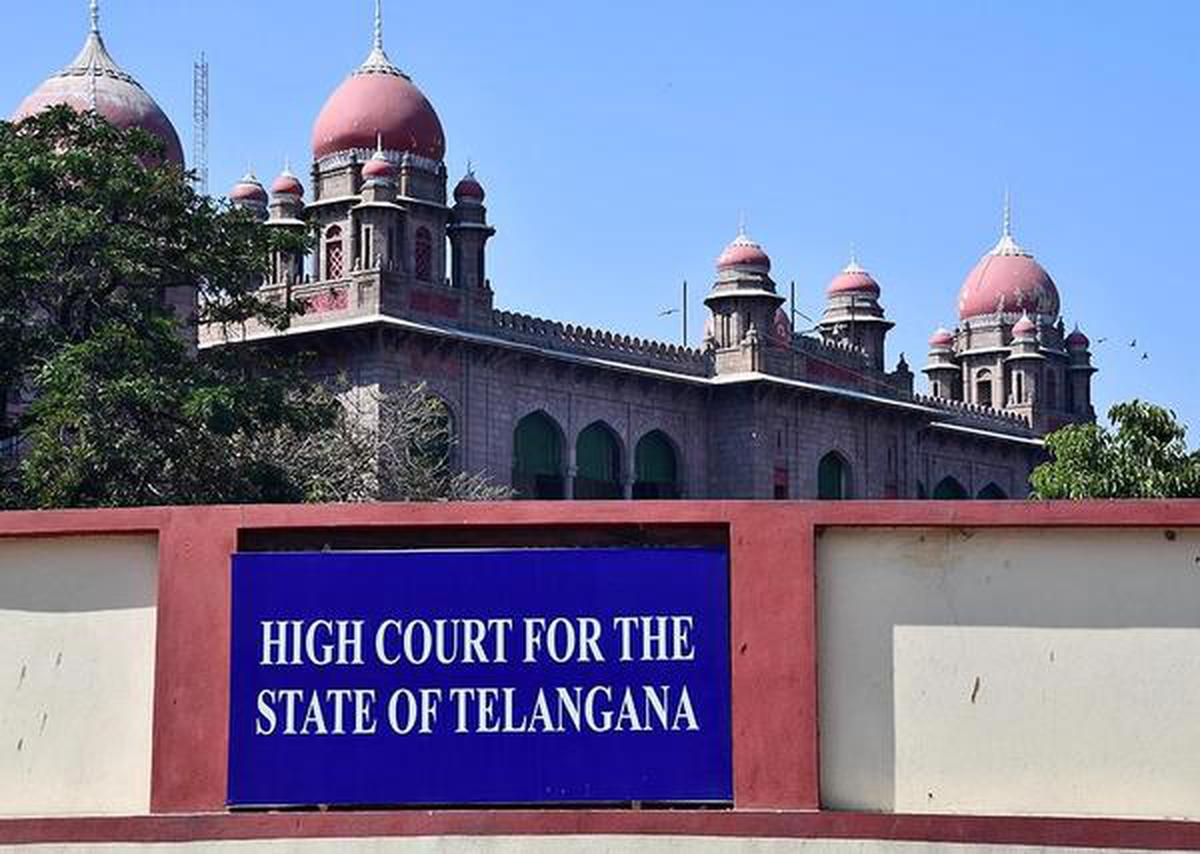The Telangana High Court has also stated that the guidelines issued by the Supreme Court should be implemented before removing illegal structures in the Musi FTL and buffer zones, and only then should steps be taken to evict unauthorized encroachments and illegal builders. It made it clear that the government cannot do as it pleases.
The order follows the filing of around 45 writ petitions by residents whose properties allegedly fall within the Full Tank Level (FTL) and Buffer Zones of the Musi River, which are being impacted by the proposed Musi riverfront development project.The court directed the Revenue Department to conduct a detailed socio-economic survey of the affected residents and ensure that they were relocated to suitable accommodations as per government policies.
The High Court said that the poor affected by the restoration process should be provided with proper accommodation under various government schemes. If there are patta and shikham lands, notices should be issued to them and appropriate compensation should be paid as per the Land Acquisition Act.
Justice CV Bhaskar Reddy’s directions included a requirement for officials to remove all temporary or unauthorized structures within the river’s protected zones in a time-bound manner, following the due process of law.
The court also ordered that any construction found in violation of the Building Rules of 2012 must be removed, and instructed the trial courts to follow specific guidelines before granting any injunctions that would hinder the removal of illegal encroachments.
The court emphasized that the authorities must carry out their surveys and eviction processes without obstruction, and instructed police to provide necessary security for officials involved in the process. Additionally, criminal action will be initiated against those involved in illegal land grabbing or destruction of the riverbed, under the Telangana Irrigation Act and the WALTA Act, 2002.
The petitioners, many of whom had purchased homes in approved layouts sanctioned by the Hyderabad Metropolitan Development Authority (HMDA) and constructed houses in compliance with the Greater Hyderabad Municipal Corporation (GHMC) rules, argued that their properties were being demolished without proper notice or inquiry.
They contended that the Hyderabad Disaster Response and Asset Protection Agency (HYDRAA), which is responsible for enforcing the demolition, lacked the legal authority to interfere with their properties, as they had built their homes with valid permits and paid taxes.










